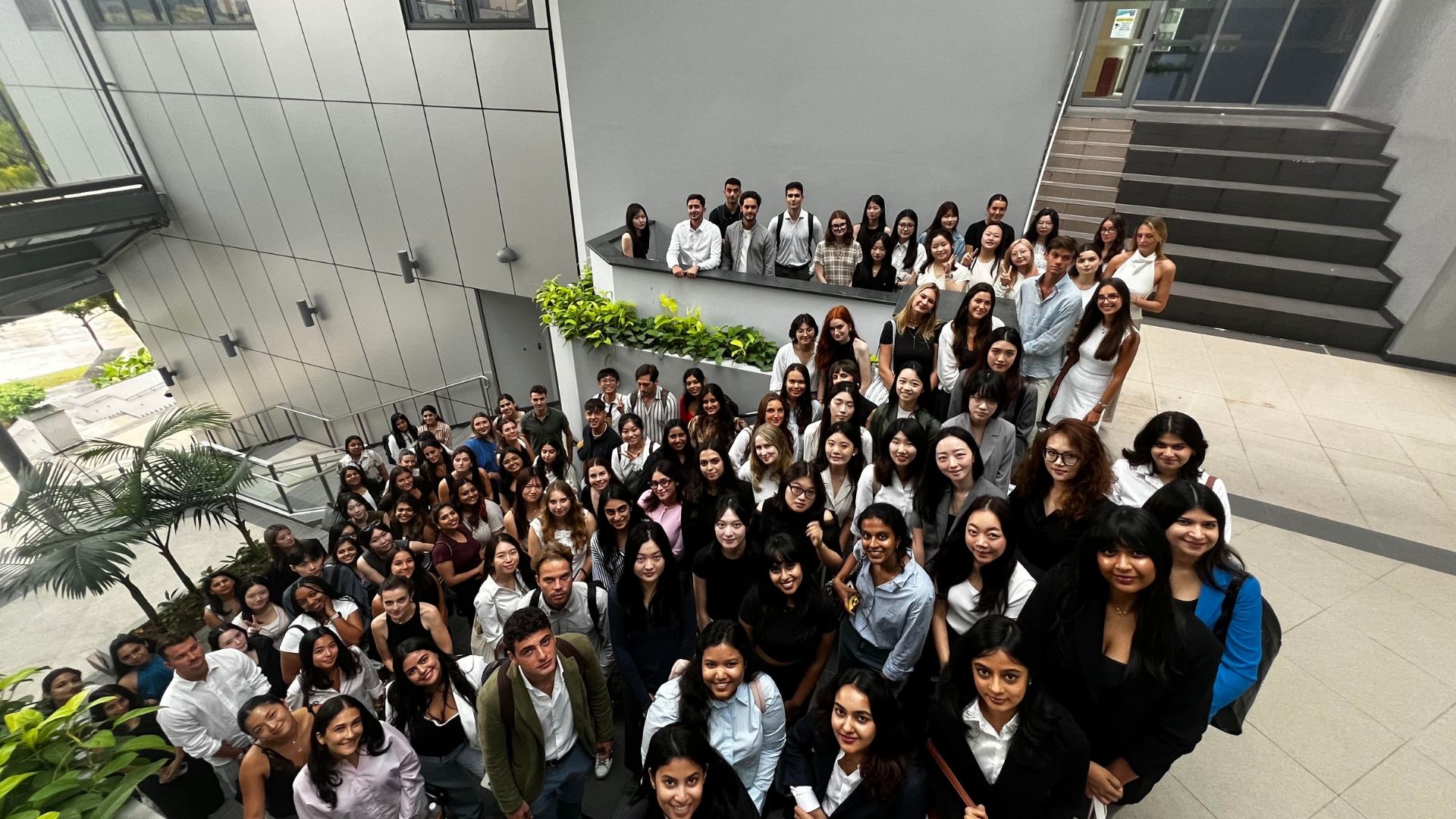This week, we will discuss some tips on negotiating a compensation package. Notice that we did not refer to it as a “salary.” You should consider salary, allowances, bonuses, equity, benefits, and job titles when considering an offer.
It is expected that some pieces of the package may not be negotiable, but others might be.
The first step is to understand four areas of focus. Firstly, the market rates for similar roles. Secondly, the scarcity and demand for your experience and skills.
Thirdly, what’s your value proposition? For example, how did you leverage your experience and skills and turn them into value for the company? Lastly, cultural context should also be considered.
Just so you know, these tips are for full-time and contract positions. Internship packages are usually fixed with little to no negotiation room except in extreme cases.
Market Rates: Your Salary
For salary market rates, executive search companies will issue yearly salary guides for every country they operate in.
To get a free copy of the guide, you only need to register with the company with some basic information on their website.
We recommend getting the guide from two to three companies to cross-reference and compare.
Because the ranges in the guides can be large, we recommend that you gather information from someone with a similar role.
Salary can be a sensitive topic, so you can show them the range and ask their thoughts to get a better sense of the market.
Scarcity and Demand: Your Skill Sets
You can gauge the scarcity and demand of your skill sets through networking, research, and job postings.
This will give you a gauge as to how much leverage you have to negotiate for a better package.
Value Proposition: Your Leverage
Regardless of your leverage, I would say that explaining your value proposition to your future employer is always helpful.
Whether it is growing revenue, reducing costs, or reducing risk.
A clearly articulated statement of value will help your employer understand why they should pay you more.
Cultural Context: Your Languaging
Next, you should understand the cultural norms of the market you are negotiating in, especially if it is not your home country.
It is always OK to negotiate, but know that it may be a delicate matter or require a different approach, depending on the market.
Not understanding the market and cultural norms before beginning a negotiation is a mistake.
Conclusion
To recap, looking at total compensation when evaluating a package is essential.
To negotiate effectively, you must understand the market rates and how much leverage you have based on your skills and experience. Negotiations can vary from country to country.
Finally, please remember that a company may not be able to negotiate on salary. If you feel that the company is unwilling to budge on salary, you can see if there is room to improve bonus percentage, benefits, allowances, and job title.
Some companies have more flexibility around other components of the compensation package. Best of luck!
Learn more about developing a winning résumé, building a solid network, and other insights on professional growth from our regular Career Tips series.
RELATED POSTS
Building a Personal Brand While You Study
How students use LinkedIn, blogging, or speaking engagements to stand out.
Finding Your Fit: How ESSEC Asia-Pacific Career Services Help Global BBA Students Build Meaningful Career Paths
As Manager of Career Services at ESSEC Asia-Pacific, Cerella Sim draws on over a decade of recruitment experience to help Global BBA students…
Success After Graduation: Alumni Job Outcomes in Asia
ESSEC Asia-Pacific's Global Bachelor of Business Administration (GBBA) program effectively prepares students for successful, globally-focused…
What I Learned from Failing My First Job Application
First rejection taught ESSEC alumna Medha Thakkar that career setbacks spark growth, leading to resilience, networks, and unexpected opportunities.
Career Success Through the ESSEC Global BBA
ESSEC's Global BBA transforms students through immersive professional experiences, international mobility, and real-world learning opportunities…
The Asian Etiquette Guide for ESSEC Asia-Pacific Students
Asian business etiquette translates cultural awareness into competitive advantage through respectful greetings, proper hierarchy navigation, and…








